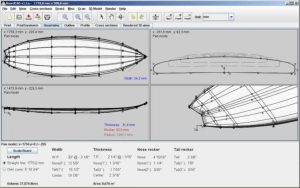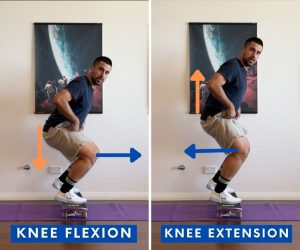Is Engineered Wood Flooring a Good Idea?
The short answer to this question is yes, but there are a few things that should be considered before making the purchase. The quality of the veneer, core layer and finish will have a large impact on the life of your floor. You will also want to consider the way the wood is manufactured. Most engineered wood is mass-produced rather than made to order and this can affect the quality of the flooring. For details on Engineered Wood Flooring, visit Irwin Tiles.
Like all solid wood floors, engineered hardwood will scuff and scratch over time. This is why proper care is critical. Regular sweeping and mopping will minimise dirt build up, while padded furniture legs or rugs are recommended for areas of high traffic. You should also avoid exposing your floor to direct sunlight as it will fade over time. This is true of most hardwood varieties, but even more so with engineered wood since they cannot be sanded and refinished as solid floors can.
Another concern is that engineered wood can be prone to off-gassing from chemicals used in the manufacture and finish of the floors. This is not a common problem, but it can be a nuisance in some environments. You can avoid this by choosing a floor with low or no VOC finishes.
Lastly, you should be aware that engineered wood can suffer from warping and cracking due to moisture problems. This is typically a problem in basements and entryways where there is a lot of humidity fluctuation. This can be avoided by selecting a floor with a core layer of plywood or other materials that are more stable when exposed to changes in moisture.











Post Comment